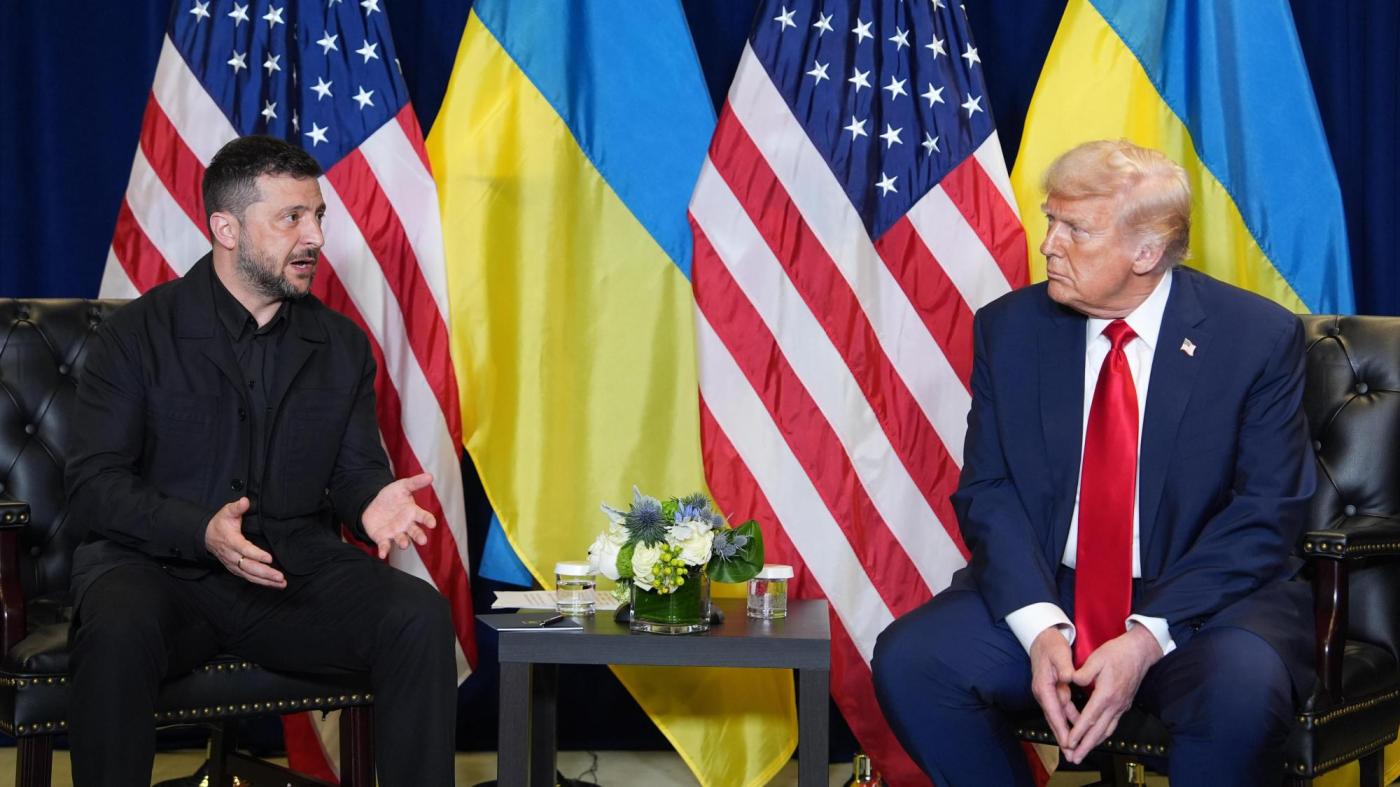The UK tax authority has significantly increased its scrutiny of crypto investors, doubling the number of warning letters sent to individuals suspected of underreporting or evading taxes on digital asset gains. HM Revenue & Customs (HMRC) issued nearly 65,000 letters in the 2024-25 tax year, up from 27,700 the previous year, according to a report by the Financial Times citing data obtained under the Freedom of Information Act.
These letters, known as “nudge letters,” are designed to encourage investors to voluntarily correct their tax filings before formal investigations are launched. The sharp rise in these warnings highlights HMRC’s growing focus on crypto-related tax compliance. Over the past four years, the agency has sent more than 100,000 such letters, with activity accelerating alongside surging crypto adoption and asset prices.
### Growing Crypto Ownership in the UK
The Financial Conduct Authority estimates that seven million UK adults now own cryptocurrency, up from around 5 million (10%) in 2022 and 2.2 million (4.4%) in 2021. This trend underscores the expanding interest in digital assets.
Neela Chauhan, a partner at UHY Hacker Young who submitted the Freedom of Information request, told the Financial Times:
*“The tax rules surrounding crypto are quite complex, and there’s now a volume of people trading in crypto who don’t understand that even moving from one coin to another triggers capital gains tax.”*
### Improved HMRC Surveillance
HMRC’s ability to monitor the crypto market has improved substantially. The agency now receives transaction data directly from major crypto exchanges and, starting in 2026, will have automatic access to global exchange data under the Organisation for Economic Co-operation and Development (OECD)’s Crypto-Assets Reporting Framework (CARF).
### Crypto Tax Developments in the US and South Korea
In the United States, lawmakers are considering updates to crypto tax policies. US senators are exploring proposals to exempt small transactions from taxation and clarify the treatment of staking rewards. During a Senate Finance Committee hearing, Coinbase’s Vice President of Tax, Lawrence Zlatkin, advocated for a de minimis exemption for crypto transactions under $300. Lawmakers also debated whether routine crypto payments should trigger capital gains tax and how income from staking services should be classified.
Similarly, South Korea’s National Tax Service (NTS) has intensified its crackdown on crypto tax evasion. The agency warned that even assets stored in cold wallets may be seized if linked to unpaid taxes.
—
*Related: [How to file crypto taxes in 2025 (US, UK, Germany guide)]*
https://cointelegraph.com/news/uk-tax-authority-doubles-crypto-warning-letters-hmrc-crackdown?utm_source=rss_feed&utm_medium=rss&utm_campaign=rss_partner_inbound

